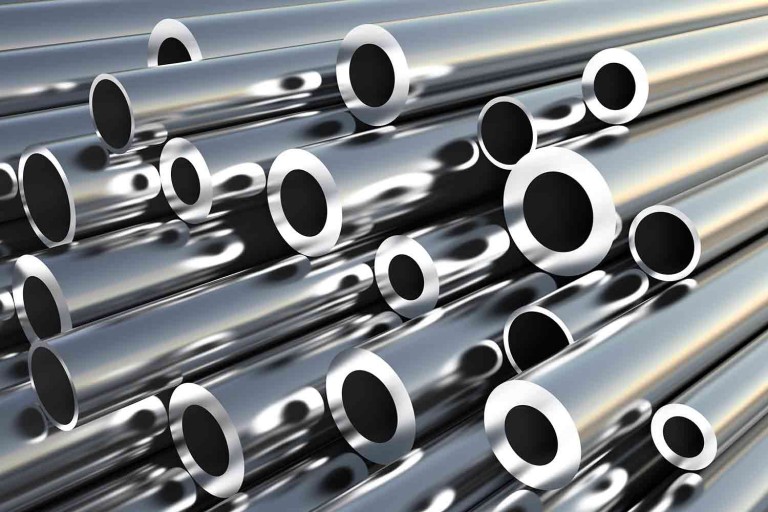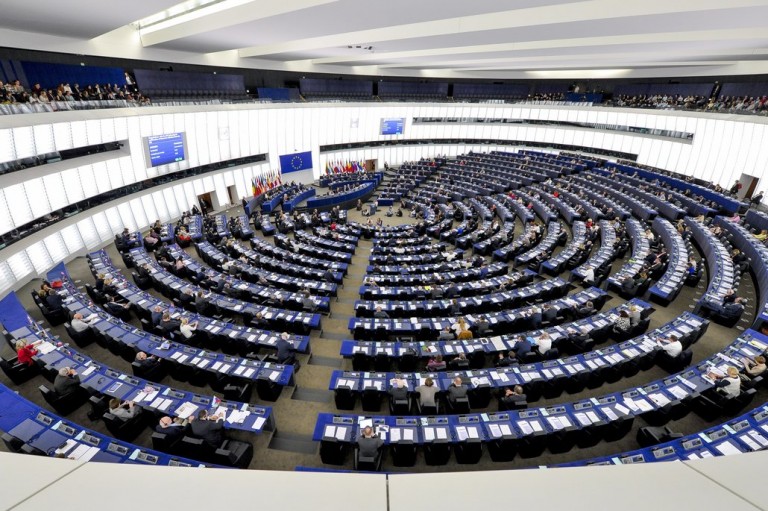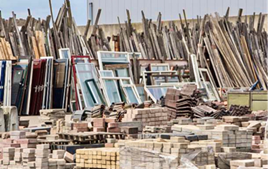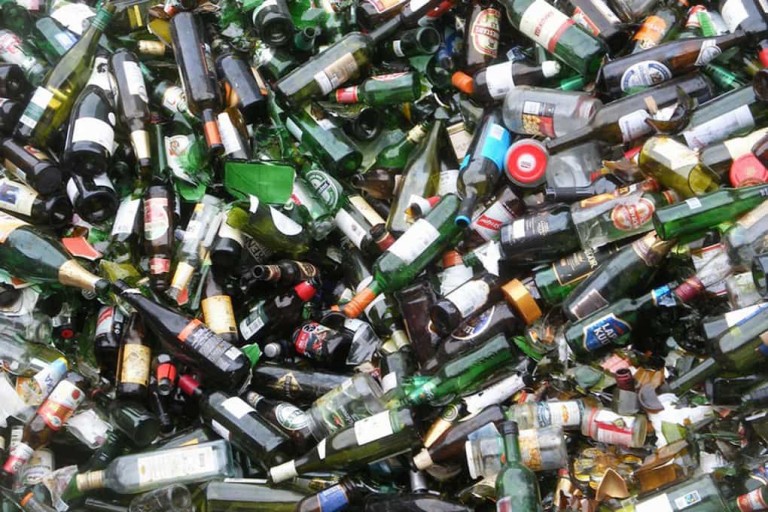Why recycle our old unnecessary computer
The protection of the environment and nature is an extremely important goal for the millennium, both for the average consumer and for business. Looking for more information on how to deal with your outdated equipment in your home or office?
Ecology is a complex topic, which interacts simultaneously with several areas, including science, technology and law. We will focus on ways to comply with government regulations on the issue, as well as to protect nature.
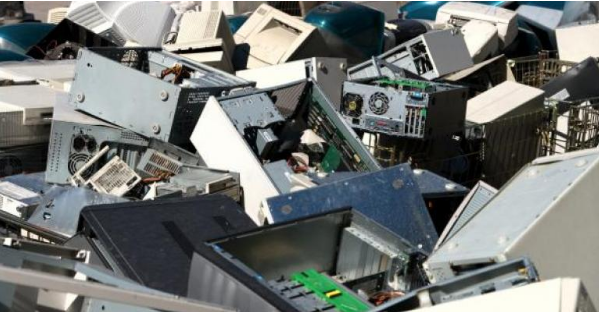
Problems and challenges in electronics recycling
Nowadays, the development of technology has some serious advantages, but also some major disadvantages that are not to be overlooked. The rapid advancement of software innovations, for example, nowadays means that hardware wears out quickly and needs to be periodically replaced, even though it works perfectly on its own.
Similar trends are observed in computer peripherals. Monitors, for example, have only been flat and matte for a few years. Before that, they were curved, huge, and much poorer in resolution.
Later models were released in high resolution, then ultra-high (HD), over time they became 4K, and now the latest fad is the so-called 8K. Who knows what will come after him, but certainly scientific discoveries will not stop soon. Meanwhile, old monitors, video cards, motherboards, and other technological debris are piling up in Bulgaria.
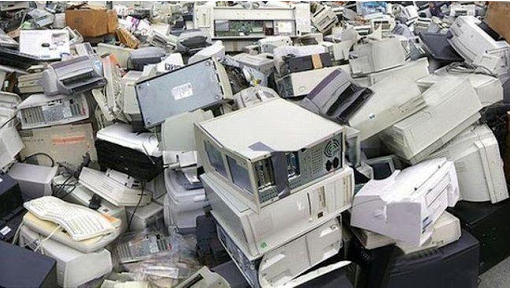
Computer games, released every year, are becoming less and less compatible with previous generations in terms of hardware. The same goes for the professional programs needed by the business sector. As a result, office buildings and shared workspaces are becoming a real jungle of obsolete equipment and peripherals.
We wonder what to do with them and rightly so – because we can’t just throw them in the trash. This is a particular problem in small towns where we don’t have direct access to points to collect such waste.
Considerations for nature protection
The main provisions, which are key for environmental protection, are laid down in the legislation of the European Union and the Republic of Bulgaria. The EU Directive on waste electrical equipment and electronics was adopted in 2003. According to the regulations adopted in our country in 2007, we have no right to dispose of such items together with household waste.
Such restrictions are imposed, as computer equipment can be harmful to nature because it contains a variety of toxic substances such as lead, cadmium, chromium, etc. Electronics that are not disposed of in accordance with the rules can contaminate, for example, groundwater in the area. In this way people’s food will be poisoned, as well as their drinking water.
A modern monitor, for example, can contain up to 5-6 percent lead. The boards contain lead-tin solder, which can also be a contaminant. In China over the past decade, the problem had become so serious that in some places water had to be imported from miles away, because the local water was no longer drinkable.
That is why governments around the world have begun to take measures and now by law, if we do not comply with the current ban, we are subject to sanctions by the authorities, including in Bulgaria.
Electronics manufacturing is one of the industries that tops black waste statistics in Europe and beyond. In recent years, international organizations such as the UN and the EU have been trying to combat the problem by adopting recommendations and directives, holding events of an informative and motivational nature, and examining the problem from a scientific and technological point of view.
What can we as consumers do? Of course, we could not recycle such equipment ourselves, because this requires a special installation and a whole facility. There is certainly no way to achieve this at home. On the other hand, we risk being fined by the authorities if we allow ourselves to throw it away in the bin with the rest of the waste.
Energy and natural resource savings
But that’s not all. Most of our computers, in addition to being harmful, are also super valuable. They are made up of components that can be safely used for future generations. All that is needed for this to be possible is for the old equipment to end up in the relevant landfills, where it must be properly inspected, tested and, if damaged irreversibly, disassembled. which are reusable will be separated and preserved and the rest will be recycled.
Extending the life of parts and materials is very important, because the extraction of material for the manufacture of new and new components depletes valuable earth resources. In addition, the processing of certain types of raw materials can be toxic to the environment and it is therefore not appropriate not to take advantage of it if there is an option for reuse or recycling.
Not to mention the amount of electricity we would save if we just made it so that we didn’t have to re-produce a screw, or the steel that would be needed to make it again.
By the way, limiting steel production is an extremely important goal related to the protection of the ozone layer and the fight against climate change. Data released by the World Steel Industry Association show that steel water production is associated with the release of huge amounts of dioxide.
Where can we recycle our old computer or laptop?
Initially, computer waste was recycled almost by hand from hundreds of workers in huge factories in India and the People’s Republic of China. Today, most modern processing plants for electronics waste are fully automated. This is done in order to limit the harmful effects that toxic materials can have on people who come into contact with them.
If you’re wondering where and how you can get rid of an old laptop, don’t worry. If they are in good condition and can be used, give them to someone! If not, there is no need to look for more – we have a solution for you: For irretrievably damaged equipment you can contact licensed company “Nord Holding”. We will help you deal with it by recycling it. In addition, we will buy it from you at a good rate.


